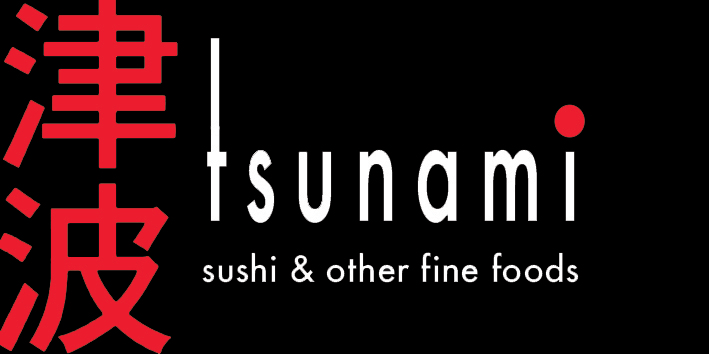What Makes Honjozo and Daiginjo Special?
In the world of sake, the terms Honjozo and Daiginjo represent distinct styles of this beloved Japanese beverage, each with unique characteristics and production methods that set them apart from other varieties.
Honjozo Sake is notable for its light, smooth, and somewhat fragrant profile. The key difference in the production process of Honjozo compared to other types is the addition of a small amount of distilled brewers alcohol after fermentation. This addition helps to enhance aroma and flavour, making it less intense and more approachable than some other sake types. It also aids in the extraction of flavours and aromas from the rice, which can make the sake clearer and more refined. Typically, Honjozo sake must be made with rice that has been milled to at least 70% of its original size, removing 30% of the outer layer.
Daiginjo Sake, on the other hand, represents the pinnacle of the brewer's art, requiring meticulous craftsmanship. This variety of sake is made with rice that has been milled to at least 50% of its original size, meaning at least half of each grain has been ground away to remove impurities and leave behind the starchier core. This extensive milling results in a sake that is often more fragrant and complex than other types. The brewing process for Daiginjo is also more labor-intensive, involving lower fermentation temperatures and a longer brewing time, which contribute to its delicate, refined flavor and often fruity or floral bouquet.
Comparison with Junmai: The distinction between Junmai and Honjozo lies in the addition of brewers alcohol in Honjozo. Junmai, which means "pure rice," does not have any added alcohol, and all of its alcohol content comes from the fermentation of the rice itself. This typically gives Junmai a fuller body and a richer, more rice-forward flavor compared to Honjozo. Some enthusiasts prefer Junmai for its purity and depth, believing it offers a more authentic taste of traditional sake.
Why some people think Honjozo and Daiginjo are better varies with personal taste. Honjozo's smoothness and lighter body make it a favorite for those who enjoy a crisper, more refreshing drink, particularly suitable for pairing with a wide range of foods. Daiginjo, with its complex aromas and sophisticated profile, is often seen as a luxury choice, appreciated by those who value intricate flavors and craftsmanship in sake brewing. These preferences highlight the diverse appeal of sake and the rich cultural heritage it represents.
Japanese craftsmanship.
Tsurimi Daiginjo Sansou 300ml
Taiheizan Juhonen Daiginjo 720ml
Koshu Yamabuki 20 YO 720ml
Kounotsukasa Yuzushu 720ml






